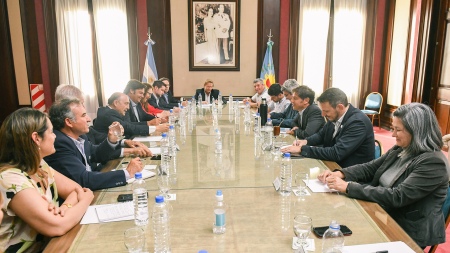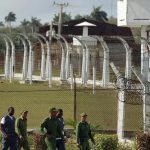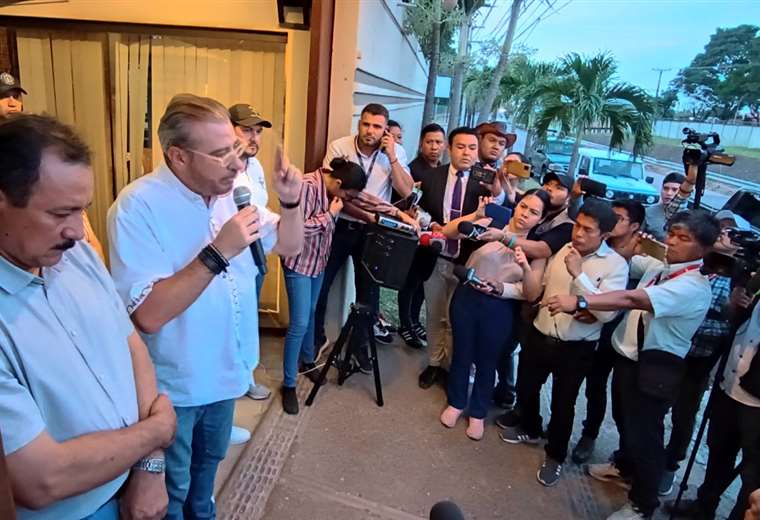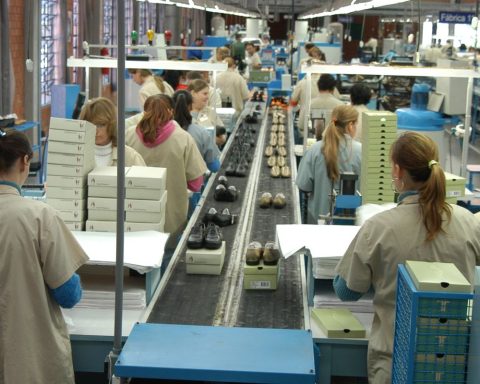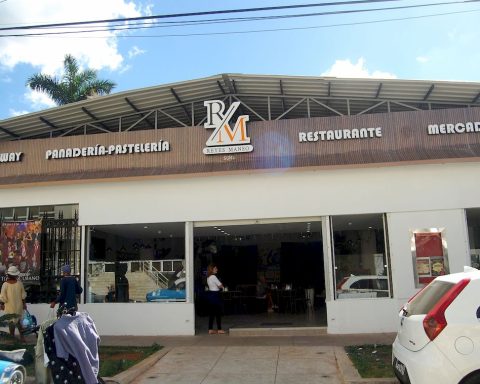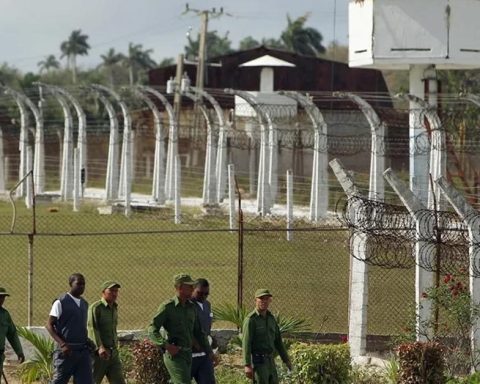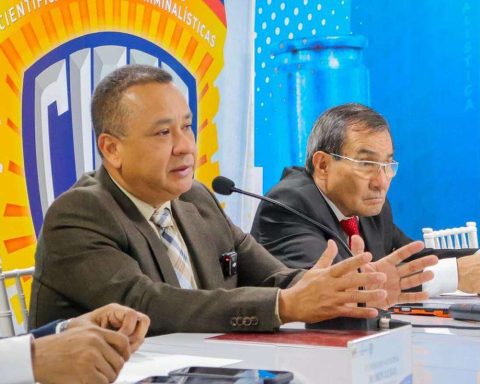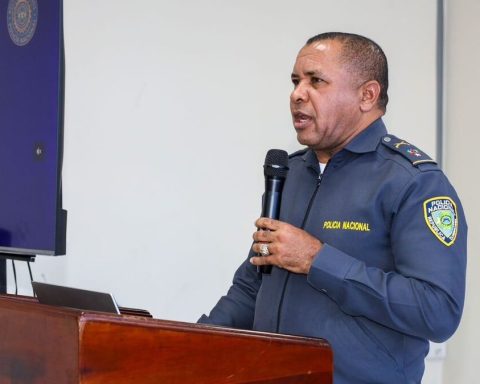The governor of Buenos Aires, Axel Kicillof, declared an agricultural emergency due to drought for 13 districts and announced financial aid for the affected producers.
“With the declaration of the emergency, we are responding to the sector because we understand the situation it is going through and from the State we are willing to contribute and help the affected producers,” Kicillof explained.
The announcement was made by the Buenos Aires president at a meeting with representatives of rural entities, in which the Minister of Agrarian Development, Javier Rodríguez, and the president of Banco Provincia, Juan Cuattromo, participated.
The declaration of the agricultural emergency and/or disaster due to drought includes the districts of San Pedro, Rojas, Salto, Ramallo, Junín, Arrecifes, Alberti, Chascomús, Suipacha, Lobos, San Vicente, Magdalena and Dolores.
“We act quickly and we will evaluate how the situation continues, always maintaining our commitment to production throughout the province of Buenos Aires”he claimed.
Those who have been affected between 50% and 79% of their production or production capacity, will be considered in a state of Agricultural Emergency and will be granted an extension of the payment of the Rural Real Estate Tax, corresponding to the property destined for the development of the agricultural activity.
Those that have suffered an affectation of between 80% and 100% will enter the category of Agricultural Disaster and will be exempt from paying the rural tax, in proportion to the percentage of the exploitation affected.

Also, the provincial government made different lines of financing available to mitigate the impact of the climate emergency that affected these regions, aimed mainly at small and medium-sized producers.
The Buenos Aires Ministry of Agrarian Development offered a Non-Refundable Contribution for Family Farming in the face of adverse climatic events that grants amounts of up to $200,000, destined for the recomposition of damaged infrastructure, the acquisition of productive inputs to restart the production cycle and the replacement of dead or affected animals.
It also has a Financing Line for Extreme Weather Events with amounts of up to $1.5 million and a 35% rate for restarting the production cycle, and another for Financing for Prevention and Mitigation of Emergencies.
For its part, Banco Provincia has Financing for People Affected by Natural Phenomena to cover the cost of repairing the material damage suffered in real estate or in a vehicle owned by them -provided they have not been covered by the insurance company-, with a rate of fixed interest of between 37% and 39%; and the entity offers a specific financing line for Drought Emergency.
“From Banco Provincia we are permanently accompanying the agricultural sector and, in this case of emergency, we continue to do so with the focus on small and medium-sized producers,” said the bank’s head, Juan Cuattromo.
“We had high expectations and the announcements and the attitude that the Provincial Government has taken, which has shown commitment and solidarity with all agricultural activities in this difficult time, seemed positive to us,” said Irineo Quiñones, president of the Agrarian Federation ( Febapri).
The president of Carbap, Horacio Salaverri, expressed that “the Governor understands the seriousness of the situation that the agricultural sector is facing, and in that sense we believe that this measure is very important.”
For his part, the Buenos Aires advisor of Coninagro, Georges Breitschmitt, valued “the good dialogue with the province in a meeting that has served to propose and transmit first-hand the scenario that we see in the production.”
